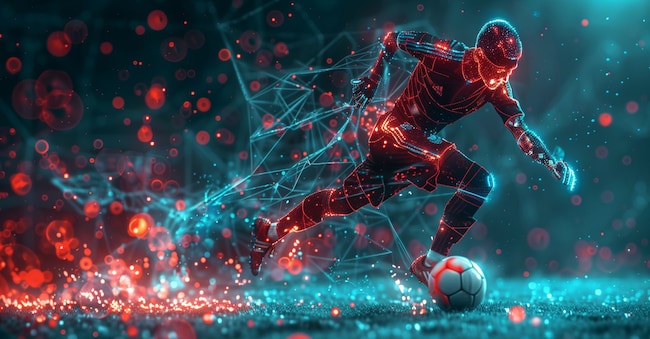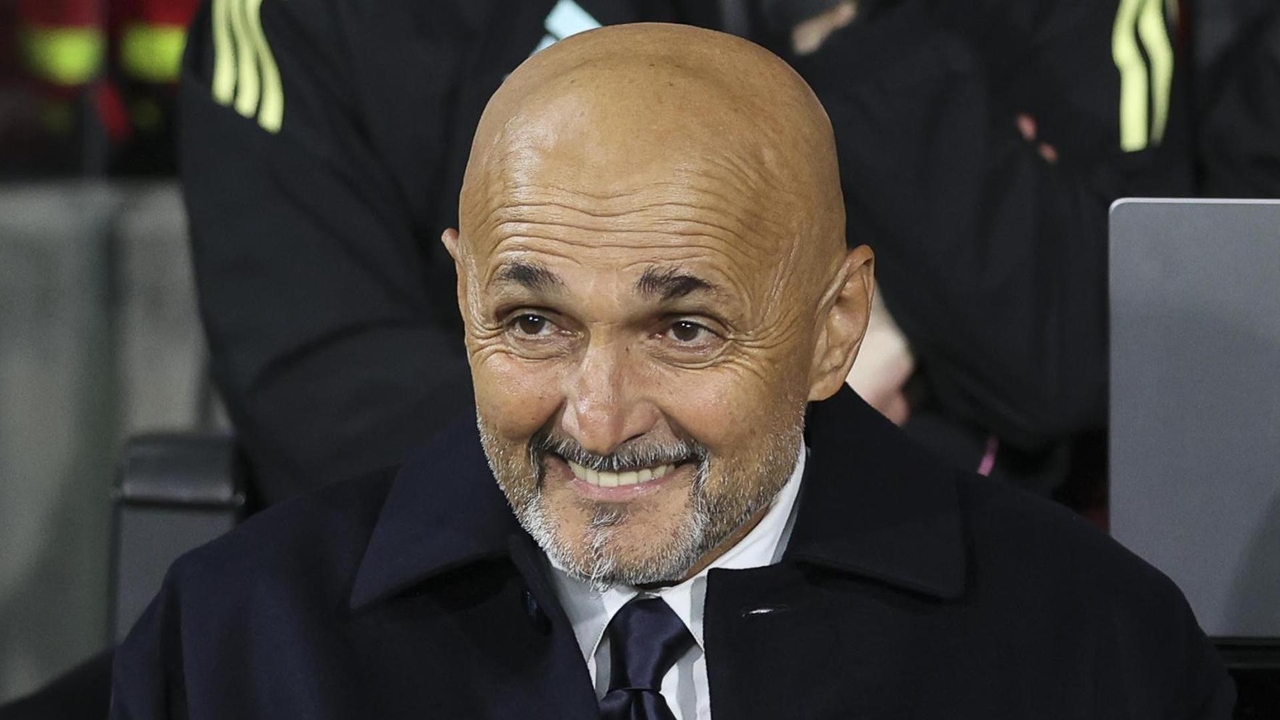The future of football: human passion and digital algorithms


Cheer up, all is not lost. According to Artificial Intelligence , also used in football predictions, in less than 30 years, in 2054, Italy will win the World Cup for the fifth time. That is, 48 years after their triumph in Berlin. It's not exactly a comforting prediction, but given the current climate, with San Gattuso a martyr for his country, it's better than nothing.
Looking back more closely, according to the AI, Argentina will triumph again in 2026. Brazil will win in 2030, followed by France (1934), Germany (1938), Spain (1942), England (1946), and the Netherlands in 2050.
If you want to know which will be the first Italian club to become European champion again, according to the AI, it will be AC Milan in 2030. But we won't tell you anything else because there are too many surprises.
Some might ask: But is it really necessary? Is it really necessary, even in a game like soccer, by its very nature simple and popular, to involve artificial intelligence or the use of statistics and mathematical models?
An interesting question, but unfortunately a pointless one, because not only the football of the future, but also that of the present, is increasingly influenced by new digital technologies and the use of algorithms.
We see it also in Italy with wealthy American entrepreneurs who have become owners of almost half of Serie A (Inter, Milan, Roma, Atalanta, Venezia, Fiorentina, Genoa, Verona, Parma).
The arrival of these entrepreneurs, accustomed to dealing with baseball, the most iconic sport in the United States, has radically changed the approach to soccer: for them, statistical culture, based on algorithms, is essential to making a team perform at its best. Once, we relied on talent scouts and the coaches' wishes, but now sporting directors and players are identified from ten thousand kilometers away with elaborate statistical calculations that are still subject to review. This is demonstrated, for example, by Paolo Maldini's departure from AC Milan, who was more inclined to traditional methods than those of Gerry Cardinale and the RedBird Capital Partners Fund, the New York-based investment firm that owns the Rossoneri .
"Artificial intelligence," explains Carlo Ancelotti in the introduction to his colleague Stefano Boldrini's interesting book, "cannot be considered the only tool available to a coach. Because it isn't yet capable, and we don't know if it ever will be, of certifying the emotional aspect, particularly that of the coach. A key part of our job, in fact, consists of our emotional reactions to stress, the dynamics of a match, the sensations we experience during those 90 minutes..."
Intuition and experience, according to Brazil's current coach, are human capital that cannot be eliminated or diminished by artificial intelligence. These are fine words, but they are nonetheless those of a great coach, born and raised in so-called empirical football, who nevertheless, with healthy pragmatism, deals with an ever-evolving world.
And with new challenges to face, such as environmental awareness, another new frontier for an ever-growing football scene: since 1863, when the Football Association was founded in London, the world has completely changed: not only did computers no longer exist, but also airplanes, cinema, and television. Today, 162 years later, in a globally digital world, football is the most followed sport on the planet, with 211 federations affiliated with FIFA and a constantly growing business: in 2022, FIFA recorded revenues of nearly $6 billion. In 2026, the World Cup will launch with 48 national teams. By 2030, we will likely reach as many as 64 teams.
People are gambling more and more, consuming more and more. Gambling is done for business even in countries, like the Arab ones, where temperatures are almost impossible. A multinational industry that has a significant impact on the environment. In this sense, Boldrini predicts, the connection between artificial intelligence and environmental sustainability will shape the coming decades, for better or worse.
Another exciting topic, especially for football fans, is how data analysis can improve coaches' work by providing previously unavailable tools. Starting with Liverpool, where AI has taken its first steps, and moving on to Pep Guardiola's Manchester City, where four astrophysicists have been recruited into the data analysis department. Technologies and statistics would not only help eliminate errors, as seen with the introduction of the semi-automatic offside detection, but also develop the best tactics to win matches.
To score, is a dense network of passes or a quick overhead kick better? And what about training? How can we prevent the increasingly frequent injuries?
Some coaches, especially the younger ones, want to gather information to uncover their opponents' weaknesses and correct their players' inappropriate behavior. A game within a game, data analysis and new technologies applied to football are of interest to everyone: coaches, referees, managers, journalists, and fans. However, the latter can't understand—as is the case with VAR—that there are still gross inaccuracies that spark heated controversy and debate for months.
The chapter dedicated to referees is entertaining (will there still be a need for them?), on the possible decline of their key role. Currently, Boldrini emphasizes, technology illustrates, humans evaluate, and then decide. We're still at the same level: even in football, in addition to artificial intelligence, normal intelligence would be very useful.
But as Descartes ironically wrote in his discourse on the Method: “Common sense is the best distributed thing in the world; in fact, everyone is convinced that he is so well endowed with it that even the most dissatisfied usually wish they had no more of it than they have.”
Stefano Boldrini
The football of the future. Artificial intelligence, algorithms, and sustainability.
Diarkos Editore, 18 euros
News and insights on political, economic, and financial events.
Sign upilsole24ore



